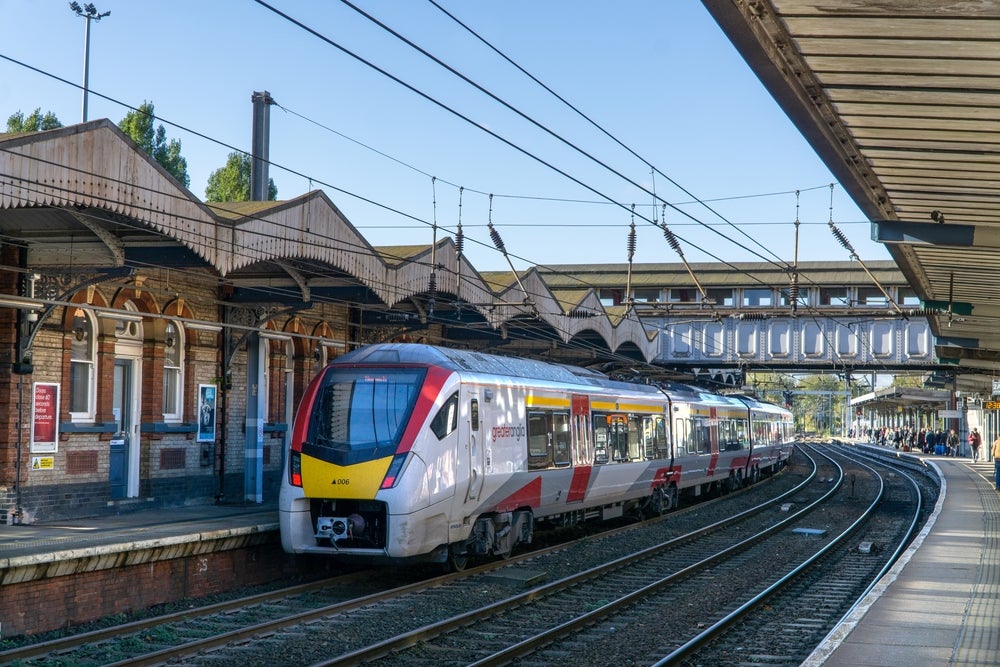The Competition Commission’s harsh judgement last month of the
Department for Transport’s management of ROSCOs partly revolved
around a lack of competition. But is there room for competition, or
even a fourth ROSCO?
QW Rail Leasing, a joint venture by National Australia Bank and
SMBC which came into the market in 2007, and which beat the ROSCOs
in a bid for East London Overground and North London line, seems to
suggest there could be.
However, despite its success, it is a comparatively small gain
in a huge market and ROSCOs may continue to enjoy their marketplace
monopoly for some time yet.
This is highlighted by the Intercity Express Programme (IEP),
“the UK's most significant investment in rolling stock for
over 30 years”.
This DfT initiative was intended to open up the market as well
as grant the DfT more control, but has come under fire for failing
to effectively remove the barriers to potential lessors.
The flaw lies in the fact IEP will only amount to roughly 10 per
cent of passenger stock. By inviting new bidders to divide up this
already small share will only limit further the potential for new
players in the market to hold a significant portfolio. In light of
this, and the fact the industry is largely divided up between only
three ROSCOs, the level of competition potentially offered by the
IEP seems to fall flat.
How well do you really know your competitors?
Access the most comprehensive Company Profiles on the market, powered by GlobalData. Save hours of research. Gain competitive edge.

Thank you!
Your download email will arrive shortly
Not ready to buy yet? Download a free sample
We are confident about the unique quality of our Company Profiles. However, we want you to make the most beneficial decision for your business, so we offer a free sample that you can download by submitting the below form
By GlobalDataMary Bonar, head of rail at law firm Stephenson Harwood, says:
“It [the consortia] could become a new vehicle, but possibly there
is a new player to come into the market place, but equally you
could look at that from the other direction and say it has closed
the market even more tightly for a new player.”
Two of the three ROSCOs, HSBC Rail and Angel Trains, have chosen
to become strategically involved with the consortia, flouting
traditional roles, and retaining a foothold in the IEP.
Further to this, much of the issue lies in the private-public
partnership model the IEP resembles. In PPPs, the winner must
design, manufacture, maintain and fund trains, hence the need for
consortia. If a procurement model that allowed for a splitting of
funding and leasing had been used, perhaps more players could have
broken into the market.







